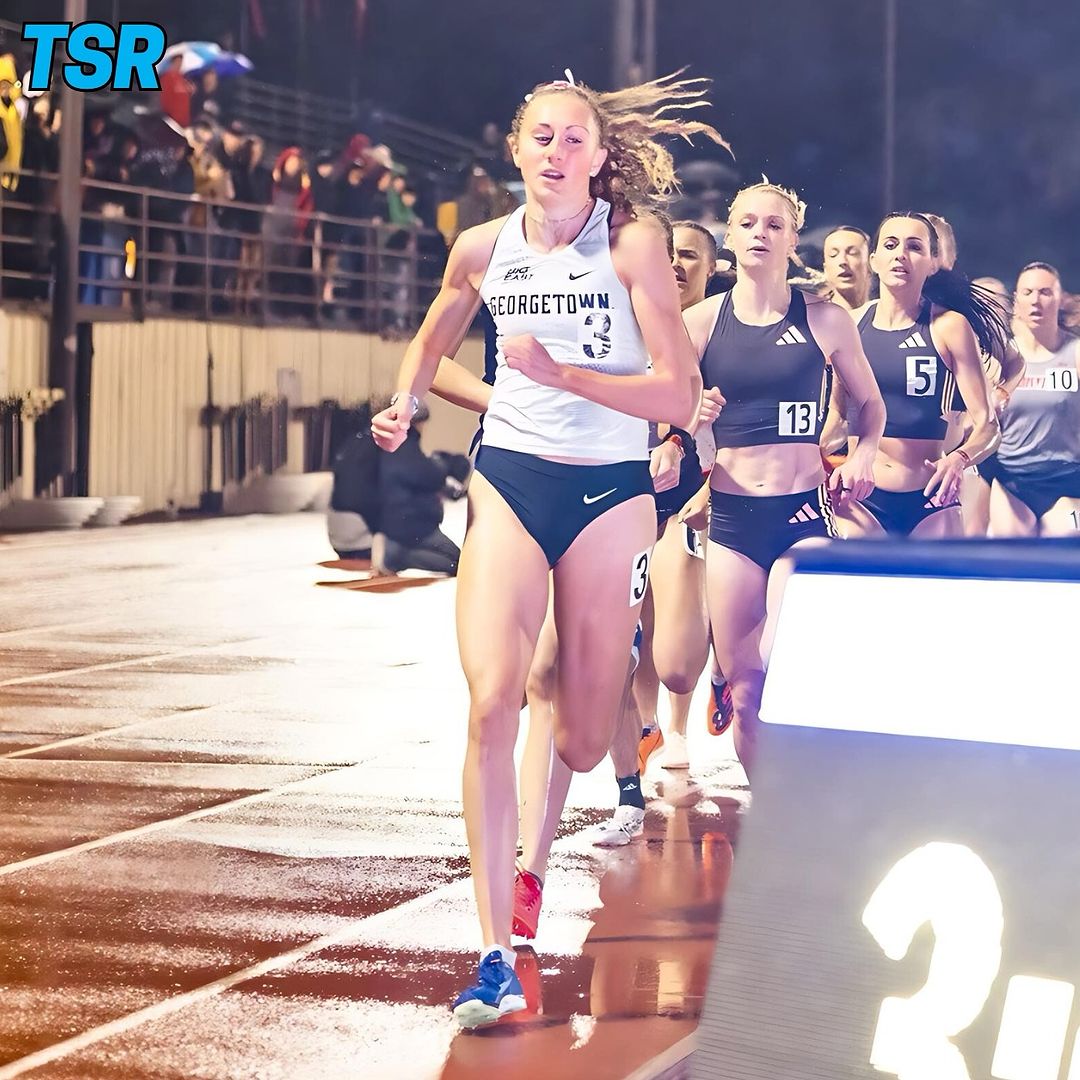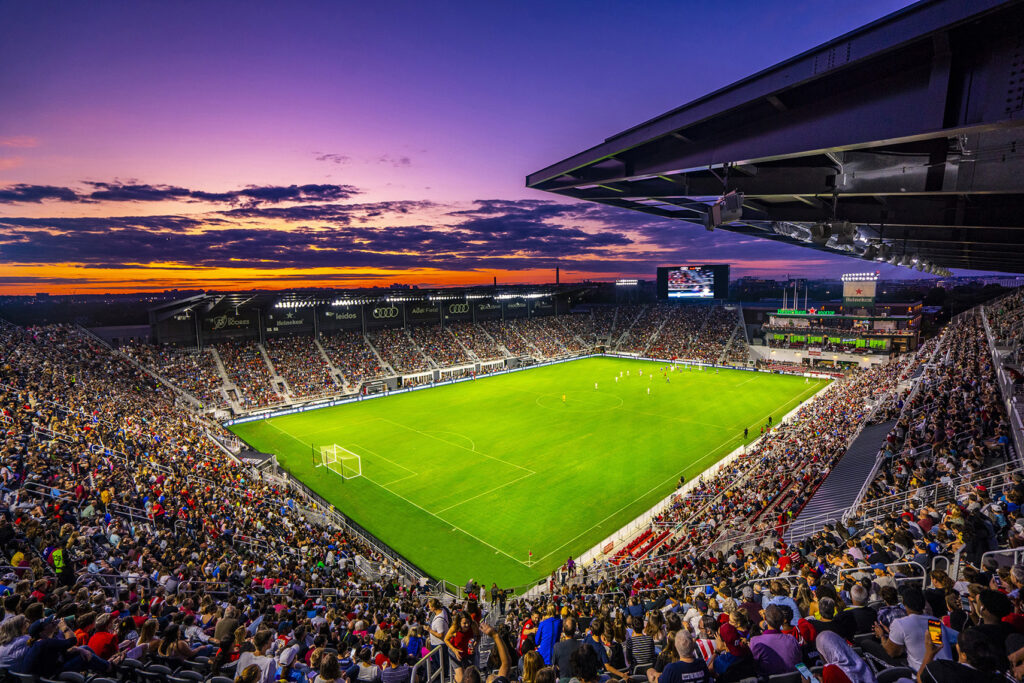When the baseball season came to a close at the end of May, it was only the start of a new beginning for many players on the team. While most Georgetown students were packing up to go home for a few months of relaxation after their stressful finals, Dan Capeless, Rand Ravnaas and many other players on the Georgetown baseball team were preparing for new cities where they would join fellow collegiate athletes in summer baseball leagues across the country. As if making the transition to playing for new teams and against some of the best pitchers in the country weren’t difficult enough, hitters are required to use wooden bats in summer leagues, unlike the traditional aluminum bats used during the college season.
Despite the tough adjustments, Capeless and Ravnaas, two of the leading hitters from last year’s team, enjoyed a lot of success playing in their respective summer leagues. A senior first baseman, Capeless spent time in the premiere college summer baseball league, the Cape Cod League. Known as a pitchers league, the Cape league attracts many of the best college pitchers from across the country. Capeless was grateful for the opportunity to face such a high level of competition. “The [pitchers] threw everything in the mid-’90s with ungodly movement,” he said. “It was cool because I got to put myself up against the best kids in the country and see where I was at. Playing with kids from different successful programs you get to see how things are done and what works on a national level. I was able to see what works and bring it back here.”
Ravnaas, a junior outfielder, was also grateful for the experience he gained playing for the Alexandria Aces in the Cal Ripken League. He excelled in the league, which fields many Big East-caliber pitchers, batting .313 with 26 RBI in 34 games, while also being named to the all-league team. Although Ravnaas enjoyed a lot of success at the plate, he learned more in the field this summer. “It gave me a whole lot more confidence,” Ravnaas said. “I was playing right field during the school season and now this summer I was playing center field. It may not sound like a huge difference, but it was great to get that experience in center field.” Whereas the change of positions forced him to make physical changes to his game, Ravnaas said the change from aluminum bats to wood was more of a mental hurdle.
“It was my first wood bat league so it definitely took time to get used to. It took me two to three weeks to get used to it during games, getting used to the weight and balance of it, but after that it was the same as a metal bat but the balls don’t go as far.”
Capeless agreed. “It was definitely a big adjustment, more mentally than physically, because you can get away with a lot with a metal bat and you know that, so when you switch to the wood you feel like you need be perfect,” he said.
The switch to wood bats is significant for college baseball players. It is difficult to make the transition from the metal bats used in college to the wood bats used in the pros, so the professional scouts need to see that the players they are going to draft can hit with wood. “At the bigger games I saw a lot more scouts than at a Big East game,” Ravnaas said. “We also had an all-star game and before the game they held a scout day. A lot of scouts came in and had us do drills for them, take batting practice and then we played the game. It helps get your name out there.”
Capeless said he liked playing with the wood bats because it helped him both prepare for the school season and show scouts that he could make the transition to professional baseball if he is given the opportunity after graduation. “If you have any success with wood it gives you confidence that you can take into your school season, and at the same time summer league is a huge showcase for scouts,” Capeless said. “It gets your name on the map. You can be as successful as you want during school season, but if you don’t back it up in the summer, it doesn’t mean anything.”








